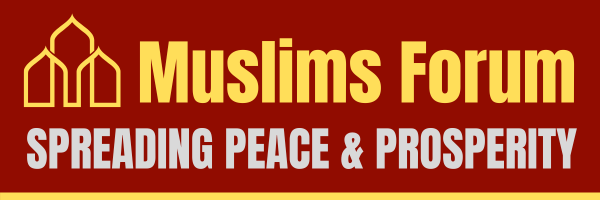In an age of constant global connectivity, Muslim communities are more visible, engaged, and outspoken than ever before. Yet, many feel that the Ummah is deeply fragmented—split along ethnic, political, sectarian, and ideological lines. From differing interpretations of religious practices to diverging political affiliations, the unity that once seemed to define the global Muslim identity can appear increasingly elusive.
But the real question is: Is the Ummah truly more divided—or are we simply more aware of our differences?
A Global Conversation Like Never Before
The rise of the internet and social media has enabled Muslims across the globe to interact in real time, creating a platform for shared stories, struggles, and achievements. This digital proximity has amplified voices that were once confined to local communities, making internal differences more visible on a global scale.
While this exposure may highlight divisions, it also reflects the diverse and dynamic nature of the global Muslim experience.
From Awareness to Growth
Greater visibility of differences doesn’t have to signal disunity. Instead, it can spark meaningful dialogue, self-reflection, and a return to authentic sources of Islamic knowledge. For many, this openness has challenged inherited practices and encouraged deeper learning.
When approached with humility, sincerity, and respect, awareness of diversity within the Ummah can become a path to renewal—not rupture. Rather than seeing disagreement as weakness, it can be viewed as a strength that invites growth, reform, and unity through understanding.
Read More On Muslim Forum
